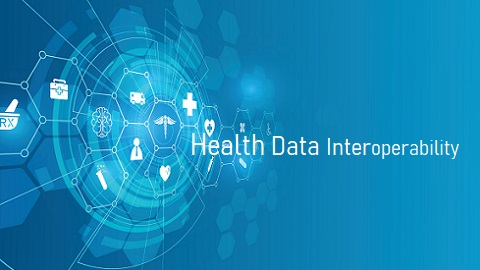Why is it So Hard for Patients to Access their Own Medical Records?
By Derek Plansky – Polly Patient has been managing her Type 2 diabetes for ten years. Aside from her primary physician, Polly visits a handful of specialists including her endocrinologist, cardiologist, and podiatrist. Each of these providers require Polly to log into their patient portal to access her records and treatment plans.
Read More








